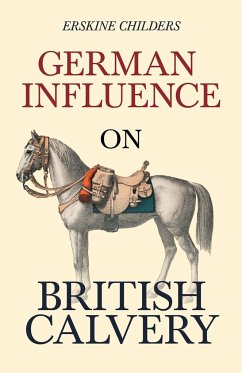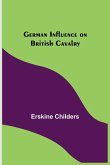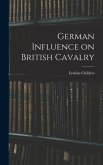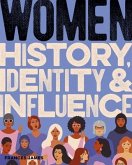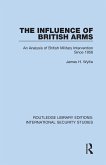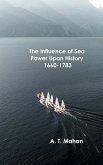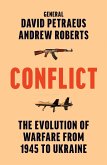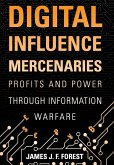First published in 1911, this vintage book contains an fascinating account of how British cavalry was influenced by German practices and techniques at the turn of the twentieth century. Contents include: "Introductory", "Sir John French on", "The Arme Blanche", "The British Theory of The Arme Blanche", "Cavalry In Combat", "Tactics Against The Various Arms", "The Fight Of The Independent Cavalry", "Tactics Against The Various Arms", "The Fight Of The Independent Cavalry", "The Battle Of All Arms", etc. This fantastic volume will appeal to those with an interest in military history and the evolution of modern cavalry in particular. Robert Erskine Childers (1870-1922) was a British-born Irish writer. Other notable works by this author include: "The Riddle of the Sands" (1903), "The Framework for Home Rule" (1911), and "War and the Arme Blanche" (1910). Read & Co. is republishing this classic work in a brand new edition complete with an introductory excerpt from 'Remembering Sion' by Ryan Desmond.

